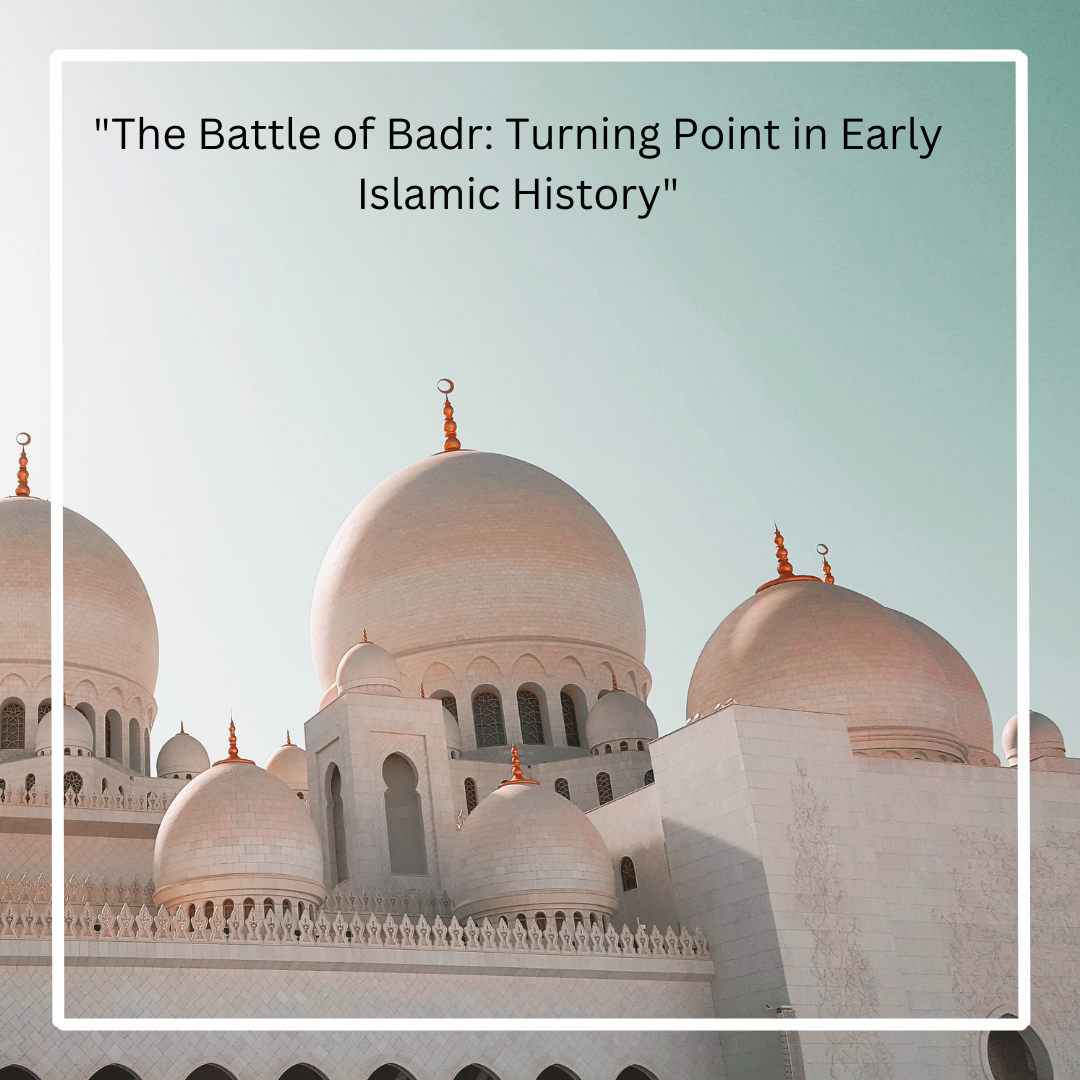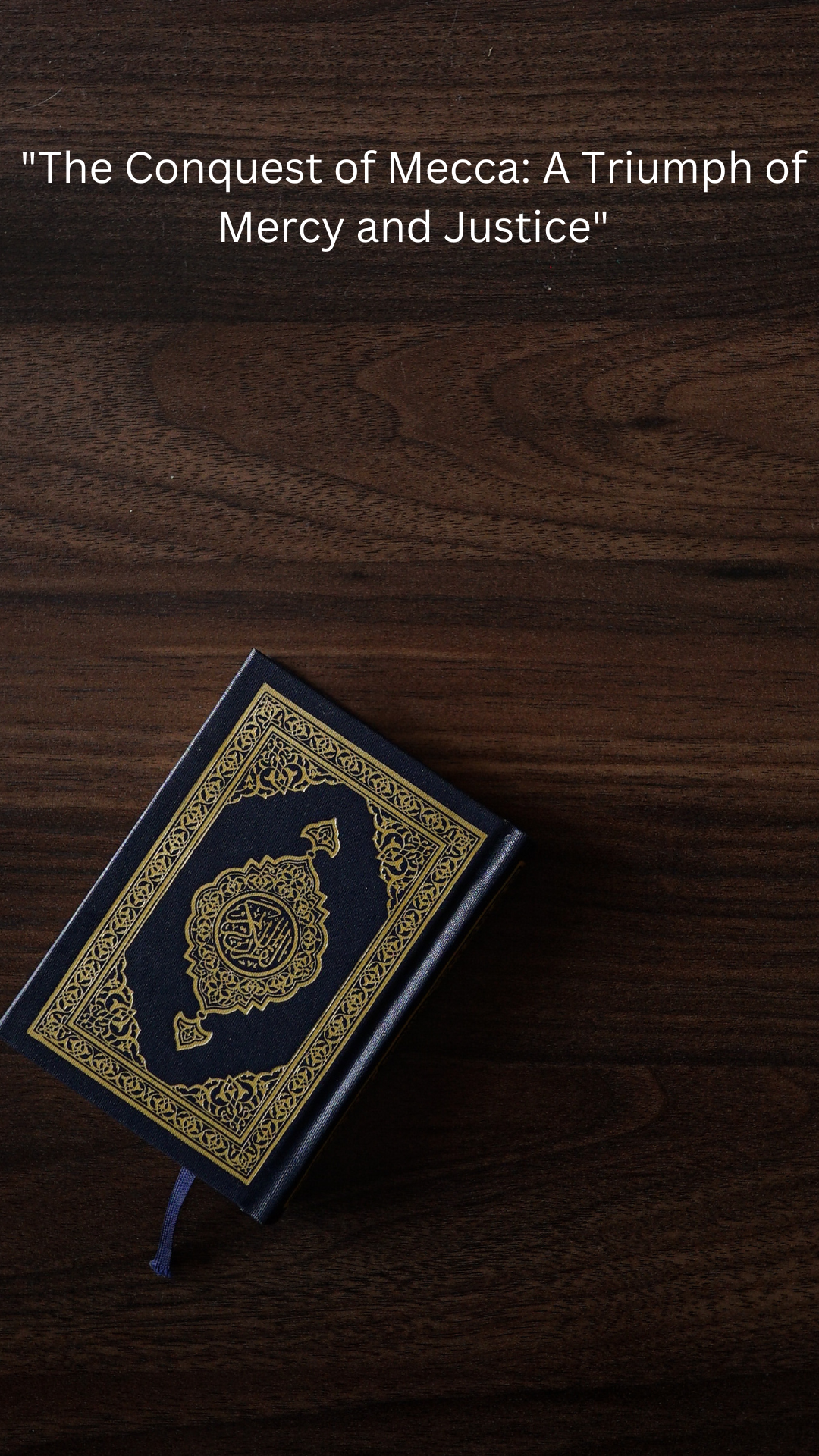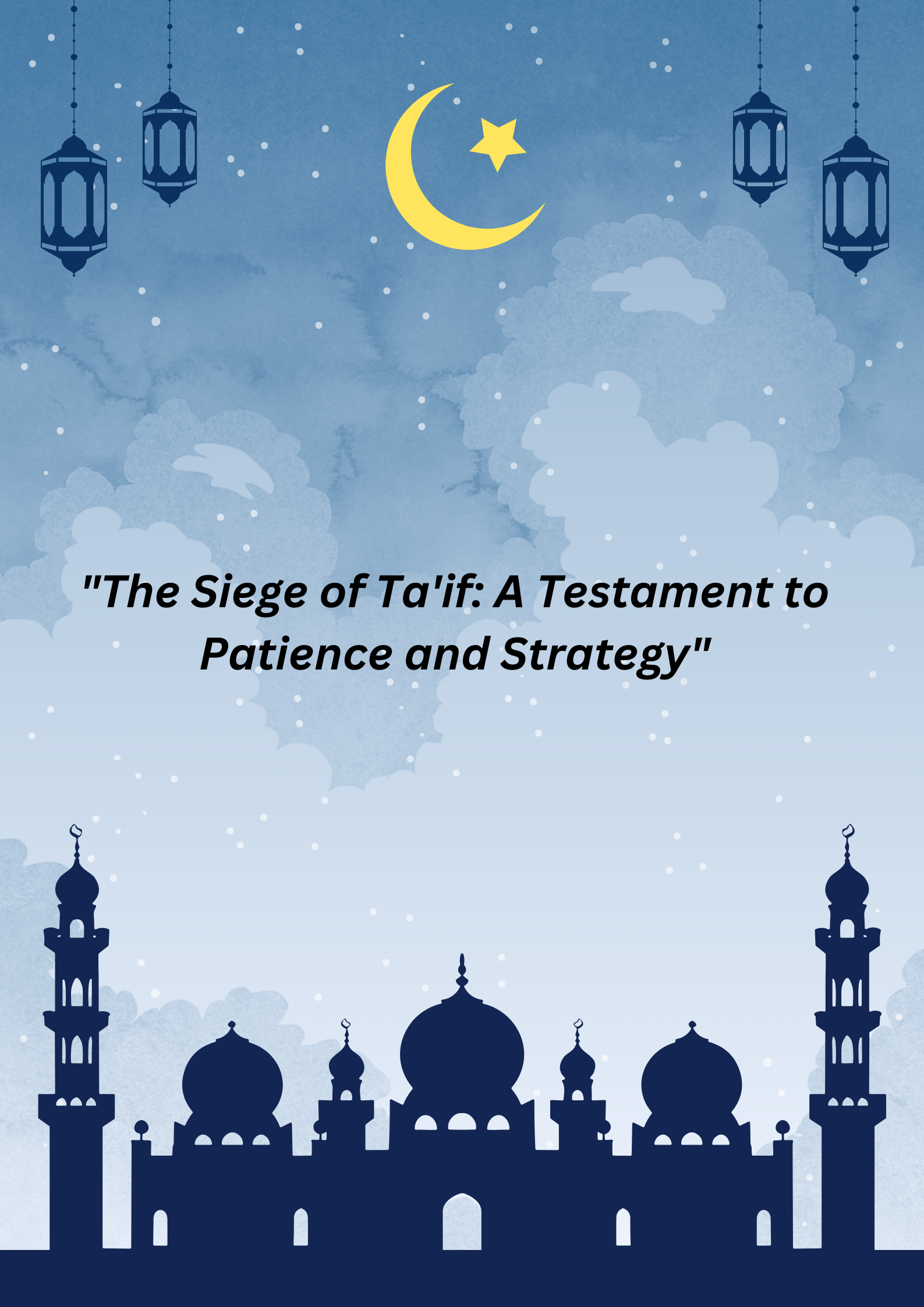Introduction
The Battle of Badr, fought on March 17, 624 CE (17 Ramadan, 2 AH), is one of the most significant events in early Islamic history. This pivotal encounter between the Muslims of Medina and the Quraysh of Mecca not only marked the first major military victory for the Prophet Muhammad (PBUH) and his followers but also signified a turning point in the struggle for the establishment and survival of the nascent Muslim community. The Battle of Badr had profound implications for the spread of Islam and the consolidation of the Muslim state.
Background and Context
Before the Battle of Badr, the Muslims had faced severe persecution in Mecca, leading to their migration (Hijrah) to Medina in 622 CE. The Hijrah was a crucial step in the formation of the Muslim community (Ummah), providing them with a safe haven and the opportunity to practice their faith freely. However, the Quraysh of Mecca, who saw Islam as a threat to their power and religious practices, continued to harass and threaten the Muslims, leading to increasing tensions between the two groups.
The Prelude to Battle
The immediate cause of the Battle of Badr was the Quraysh’s caravan led by Abu Sufyan, which was returning from Syria to Mecca. The Prophet Muhammad (PBUH) and the Muslims planned to intercept this caravan as a means of economic warfare against the Quraysh, who had confiscated the properties of Muslims who had migrated from Mecca. Learning of the Muslim plan, Abu Sufyan altered his route and called for reinforcements from Mecca. The Quraysh responded by assembling a large army to protect their interests and confront the Muslims.
The Battle
The Muslim army, consisting of approximately 313 men, faced a well-equipped Quraysh force of about 1,000 soldiers at Badr, a site near the Red Sea. Despite being outnumbered and poorly equipped, the Muslims were determined and relied on their faith and strategic planning. The night before the battle, the Prophet Muhammad (PBUH) prayed fervently for victory, seeking Allah’s help and guidance.
On the day of the battle, the Muslims employed strategic positioning, occupying the wells of Badr to deny the Quraysh access to water. The battle began with traditional single combat, followed by a fierce and chaotic melee. Despite their numerical disadvantage, the Muslims fought with exceptional courage and unity. According to Islamic tradition, angels were sent by Allah to assist the Muslims, contributing to their miraculous victory.
Aftermath and Significance
The Battle of Badr ended with a decisive victory for the Muslims. Seventy Quraysh soldiers were killed, and another seventy were captured, while the Muslims suffered only fourteen casualties. This victory had several significant outcomes:
- Strengthening of Muslim Morale: The victory at Badr bolstered the morale of the Muslim community, reinforcing their faith and commitment to Islam. It demonstrated that their trust in Allah and adherence to Islamic principles could lead to triumph even against seemingly insurmountable odds.
- Consolidation of Power: The victory established the Muslims as a formidable force in the Arabian Peninsula. It enhanced the Prophet Muhammad’s (PBUH) leadership and solidified the political and social structure of the Muslim community in Medina.
- Increased Support: The success at Badr attracted more converts to Islam and increased support for the Muslim cause. Tribes that had been hesitant to align with the Muslims began to view them as a powerful and legitimate entity.
- Economic Impact: The capture of the Quraysh caravan provided the Muslims with much-needed resources, alleviating some of the economic hardships they had faced since the Hijrah.
- Political Repercussions: The defeat forced the Quraysh to reconsider their approach towards the Muslims. While they continued to oppose Islam, the loss at Badr marked the beginning of their decline in power and influence.
Conclusion
The Battle of Badr was a turning point in early Islamic history, transforming the Muslim community from a persecuted minority into a significant political and military force. The victory underscored the importance of faith, unity, and strategic acumen, serving as a powerful reminder of Allah’s support for those who stand firm in their beliefs. The legacy of Badr continues to inspire Muslims worldwide, symbolizing the triumph of faith and perseverance over adversity.



